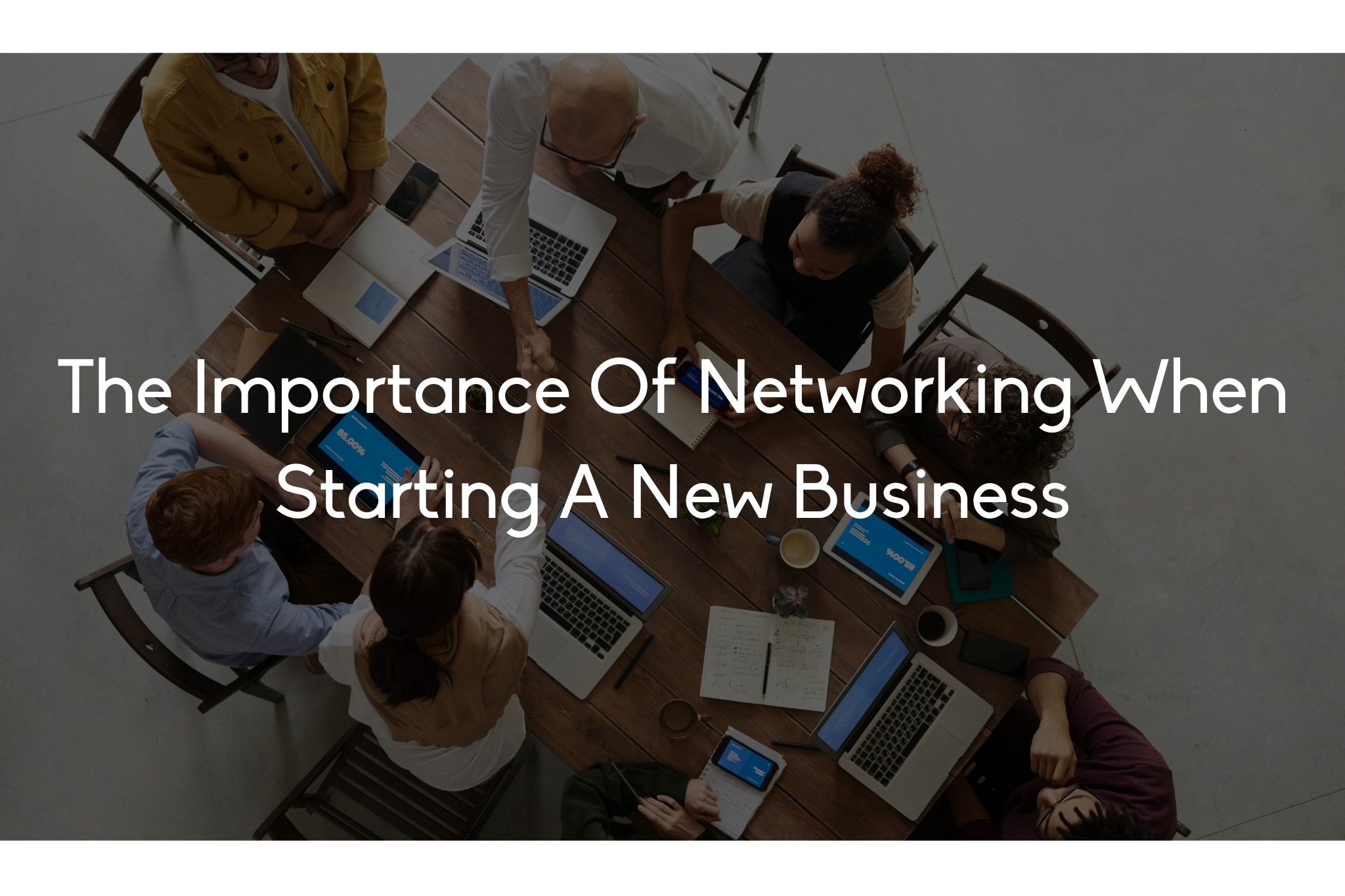
Starting a new business can feel like an uphill battle, especially when you’re trying to establish yourself in a competitive market. While having a solid business plan and great products or services are essential, one factor that can significantly accelerate your success is networking.
Building connections with industry professionals, potential customers, and mentors can open doors to opportunities that wouldn’t be available otherwise. Whether it’s finding investors, gaining referrals, or simply learning from those who’ve walked the same path before, networking plays a crucial role in business growth.
This article explores why networking is essential for new business owners, the benefits it offers, and actionable strategies to help you build meaningful professional relationships.
By the end of this article, you’ll have a clear understanding of how networking can support your business journey and how to approach it strategically.
Why Networking Matters for New Business Owners
Many new entrepreneurs underestimate the value of networking. Here’s why it should be a top priority:
- Access to Opportunities: Partnerships, collaborations, and even funding often come from connections rather than cold outreach.
- Learning and Growth: You can learn from experienced professionals who have already navigated the challenges you’re facing.
- Brand Visibility: Networking helps establish your reputation and credibility in your industry.
- Customer Referrals: Many businesses grow through word-of-mouth marketing, and strong relationships lead to valuable referrals.
- Emotional Support: Being an entrepreneur can be isolating, but networking connects you with others who understand your journey.
Where to Start: Identifying Networking Opportunities
Not sure where to begin? Here are some of the best places to start networking:
Professional Networking Events
- Attend conferences, industry trade shows, and business expos related to your field.
- Look for local networking groups or business meetups in your city.
Online Networking
- Join LinkedIn groups and actively participate in discussions.
- Use platforms like Facebook Groups, Reddit, or Twitter Spaces to engage with like-minded entrepreneurs.
- Attend virtual networking events and webinars in your industry.
Local Business Organizations
- Check out your Chamber of Commerce or small business associations.
- Join entrepreneurial incubators or co-working spaces where you can meet other business owners.
Alumni Networks and Mentorship Programs
- Leverage connections from your college alumni network.
- Seek out business mentorship programs to gain valuable guidance.
How to Network Effectively as a New Entrepreneur
Networking is about building genuine relationships, not just collecting business cards. Here are some ways to make it work:
1. Approach Networking with the Right Mindset
- Focus on giving value rather than just what you can gain. Offer help, share insights, or connect others when possible.
- Be authentic and approachable—people are more likely to help those they genuinely like and trust.
2. Perfect Your Elevator Pitch
- Be able to introduce yourself and your business in 30–60 seconds.
- Highlight what problem your business solves and what makes it unique.
3. Follow Up and Maintain Relationships
- After meeting someone, send a follow-up email or message within a few days.
- Stay in touch by liking, sharing, or commenting on their content on LinkedIn or other platforms.
- Schedule check-ins or coffee meetings to deepen connections.
4. Give Before You Ask
- If you want mentorship, advice, or referrals, offer something valuable first—such as sharing helpful resources or promoting their work.
 Networking Strategies That Can Help Your Business Grow
Networking Strategies That Can Help Your Business Grow
1. Leveraging Social Media for Business Networking
- Optimize your LinkedIn profile with a professional headshot and detailed summary.
- Regularly post industry insights, successes, or lessons learned to position yourself as an expert.
- Use Twitter and Instagram to engage in conversations and collaborate with others in your niche.
2. Attending Networking Events with a Purpose
- Before an event, research the attendees and make a list of people you’d like to connect with.
- Have a clear objective, whether it’s finding a potential partner, client, or mentor.
- Take business cards or have a digital version ready for quick sharing.
3. Building a Referral Network
- Partner with complementary businesses that serve a similar audience but aren’t competitors.
- Offer incentives for referrals, such as discounts or commission-based partnerships.
4. Finding and Keeping a Mentor
- Reach out to experienced business owners who inspire you.
- Offer to buy them coffee or schedule a virtual chat to ask about their journey.
- Keep the relationship strong by checking in regularly and updating them on your progress.
Mistakes to Avoid When Networking
While networking is valuable, many entrepreneurs make mistakes that limit their success. Here are some things to avoid:
1. Being Too Transactional
- Don’t approach networking with a “What can you do for me?” mindset. Build relationships first, and opportunities will follow.
2. Not Following Up
- Meeting someone is just the first step. If you don’t follow up, the connection goes cold.
3. Ignoring Online Networking
- Virtual networking is just as powerful as in-person meetings—don’t neglect LinkedIn, Twitter, or industry groups.
4. Focusing Only on High-Level Connections
- Don’t just try to connect with CEOs or industry leaders. Peers, employees, and junior professionals can also provide valuable insights and referrals.
How to Measure Your Networking Success
Networking isn’t just about how many people you meet—it’s about the quality of relationships you build. Here’s how to measure your progress:
- New Partnerships or Collaborations: Have you connected with someone for joint ventures or projects?
- Increased Referrals: Are people recommending your business?
- Knowledge Gained: Have you learned valuable insights that improved your business strategy?
- Opportunities Created: Have you found new clients, mentors, or investors through networking?
If you’re seeing positive results in these areas, your networking efforts are working!
Conclusion
Networking is one of the most powerful tools for growing your business, but it’s not just about making connections—it’s about building meaningful relationships that benefit both parties. Whether you’re attending in-person events, engaging online, or reaching out for mentorship, every interaction can lead to new opportunities.
By networking effectively, you increase brand visibility, gain valuable knowledge, and build a support system that helps you navigate the challenges of entrepreneurship. Start by taking small steps—join an online group, attend a local meetup, or reconnect with an old colleague. Over time, your network will become one of your business’s biggest assets.
The key to successful networking? Be authentic, be helpful, and stay consistent.



 Networking Strategies That Can Help Your Business Grow
Networking Strategies That Can Help Your Business Grow